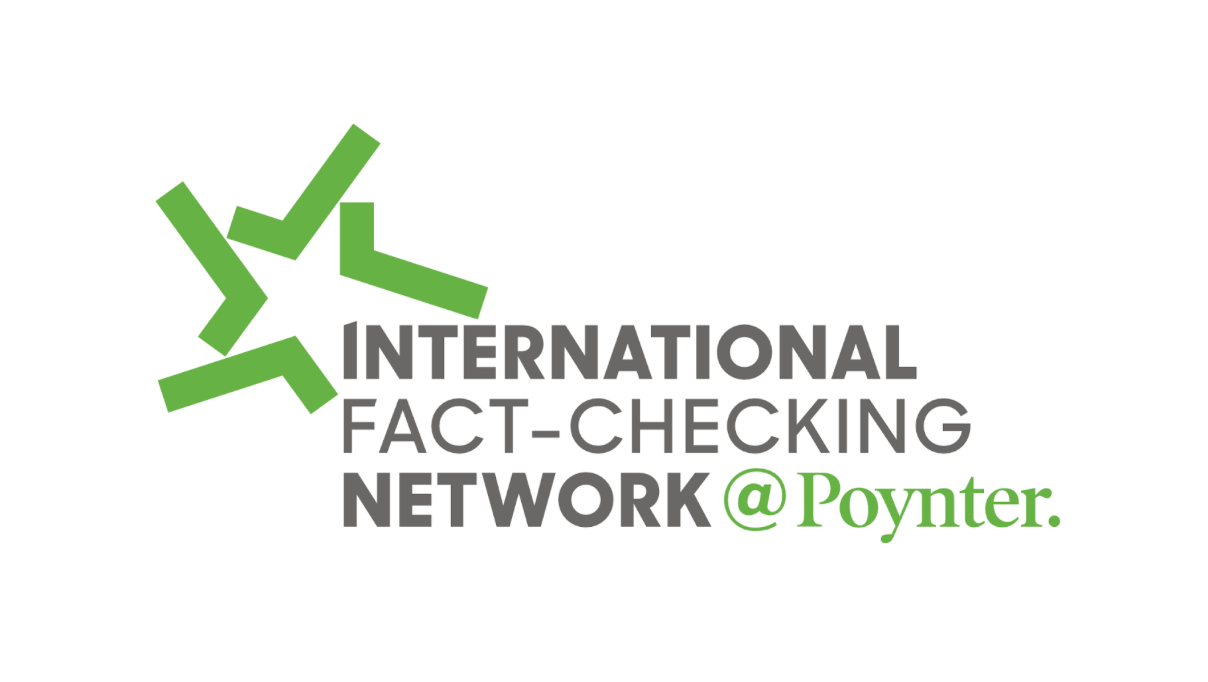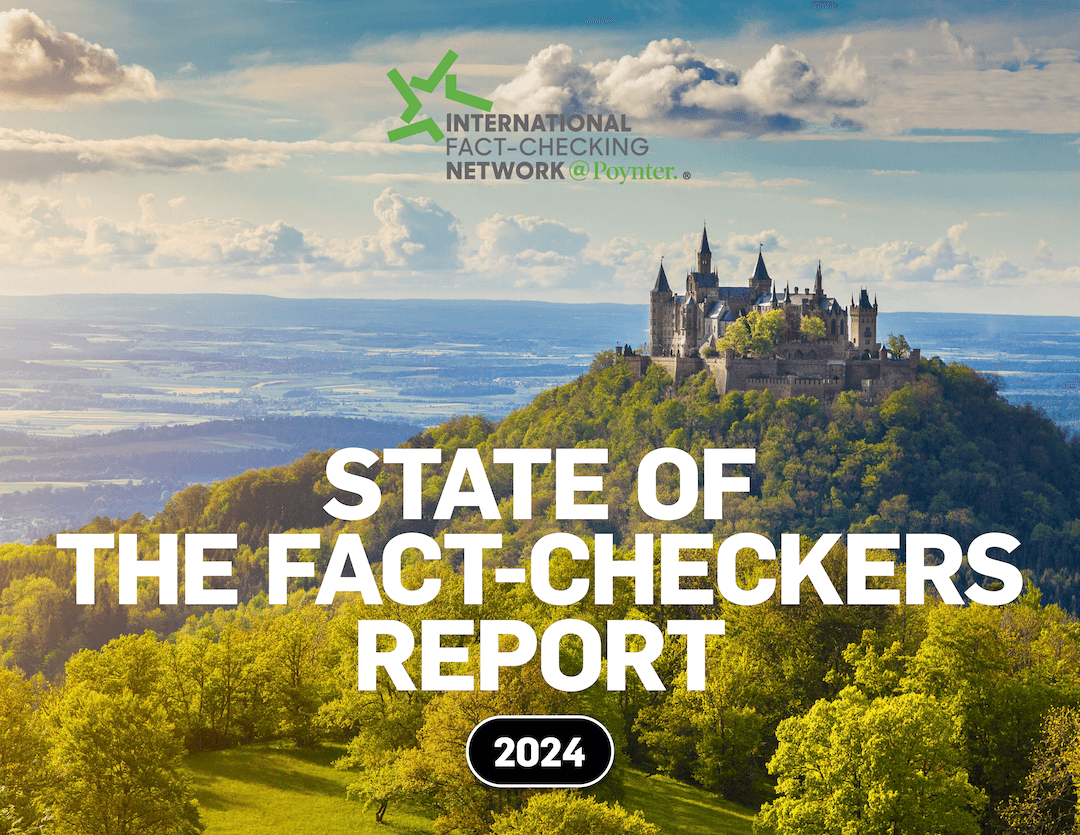Editor’s note: This story has been updated with the latest report from iMediaEthics, comments from Indira Lakshmanan (the Craig Newmark Chair in Journalism Ethics at Poynter) and Deutsch’s response to Newsday’s review.
More than four months after it opened an investigation into Kevin Deutsch’s reporting history, Newsday has published its results.
The Long Island-based newspaper published an editor’s note Wednesday afternoon about its review of the reporter, who covered law enforcement from April 2012 to September 2016. The investigation found 77 stories with 109 individuals from Deutsch’s reporting that Newsday could not locate. In all, 600 stories were reviewed, according to the editor’s note.
Despite the number of sources Newsday couldn’t locate over the course of its investigation, the newspaper said in the editor’s note that the main points of Deutsch’s stories were not affected.
“While two stories about the Orlando nightclub shooter Omar Mateen were based on sources Newsday could not locate, other media reported the main points of those stories but with attribution from different sources,” the note reads. “Newsday is attaching an editor’s note to each story online that contains individuals we cannot locate.”
In a statement posted on his blog Wednesday, Deutsch said he stands by his reporting.
“I stand behind every word I’ve published. None of my work has been found to be inaccurate, nor any story I’ve worked on ever retracted,” he said on the blog. “Newsday’s review confirmed the accuracy of the more than 630 stories I wrote for the paper — stories Newsday is standing behind. There have been no complaints about my work from citizens, government agencies, public officials, or other sources about any of my journalism.”
However, Newsday’s review of Deutsch’s work began in late February after The Baltimore Sun reported that law enforcement and other government officials could not corroborate key facts in his nonfiction book “Pill City,” which is about the city’s drug trade. Both Deutsch and publisher St. Martin’s Press have said they stand behind the book.
The editor’s note comes months after several media organizations, including Newsday, Newsweek and the New York Daily News, opened reviews into Deutsch’s reporting. One article published Wednesday by the journalism watchdog iMediaEthics cites an April report that found 14 missing sources in 10 of the 40 Deutsch stories it reviewed. In February, The New York Times published an extensive editor’s note saying it could not vouch for two sources in one of Deutsch’s stories about fentanyl use on Long Island.
According to Newsday, the investigation into Deutsch’s reporting included researchers and reporters searching “local and national public records, sites providing nationwide people searches, databases of business, real estate and conviction records, social media sites including Facebook, LinkedIn and Ancestry.com and nationwide news archives.”
Newsday said in the note that among the sources it was not able to locate could be undocumented immigrants and people involved in illegal activity, who might not want to give their real names. Others, however, were described as bystanders, neighbors, activists and protesters in Deutsch’s reporting.
“It’s impossible for any reporter to know whether the name given to him by interviewees on the street — or those reached briefly by phone or email — is that person’s full and legal name, rather than an alias, nickname, or variation of their real name,” he said. “Every one of the names on Newsday’s list was the name given to me by that interview subject, verbatim.”
Indira Lakshmanan, the Newmark Chair in Journalism Ethics at Poynter, said in an email that Newsday’s review exposes substantial discrepancies in Deutsch’s reporting.
“Their finding that nearly 13 percent of his stories cited a total of 109 individuals who could not be traced by a team of reporters employing a variety of sources and means is alarming and far higher than a couple of stray instances of a reporter being duped without realizing it,” she said.
Newsday said it remained in contact with Deutsch throughout its investigation, often sharing questions and updates about individuals it couldn’t locate. The reporter shared his notes and recollections that he said represented the missing sources, but he was unable to provide contact information for the people on Newsday’s list and reporters could not find the Rolodex he said he left at the newspaper’s headquarters, according to the note.
“Deutsch’s insistence that individuals involved in drugs and crime may give false names does not account for such a high number of inconsistencies that have not been raised about other crime reporters’ work,” said Lakshmanan, who has written about The Sun’s investigation of Deutsch’s book. “So is his failure, according to Newsday and The New York Times, to provide copies of his interviews or contact information for those missing sources, or a purported Rolodex.”
Reporters and editors were also unable to meet with Deutsch to discuss his reporting, which he told the newspaper could be proven by his notes alone, according to the editor’s note. However, Deutsch said on his blog that he offered to meet with Newsday editors in August, but they told him the review would be complete by then. He also said most of the contact information for his sources was contained on his work phone and email — which no longer exist.
“I remain available to meet with the editors and answer any and all questions about my work, which has proven wholly accurate,” he said. “My phone was ‘wiped’ after I left the paper, I was told, and my emails automatically discarded after a pre-determined period of time. This is why I was unable provide contact information for these remaining interviewees to Newsday.”
Newsday said it conducted the review because it’s “committed to being accountable to our readers” and is “dedicated to accurate, factual reporting, to the highest journalistic standards and to maintaining our credibility.” Lakshmanan applauded the review, but said it is not a permanent solution.
“Newsday’s editor’s note stating that the ‘main points’ of his stories remained accurate does not not excuse the inclusion of dubious or fabricated sources, which undermines public trust and should be grounds for a fuller accounting and retraction of those stories,” she said.







